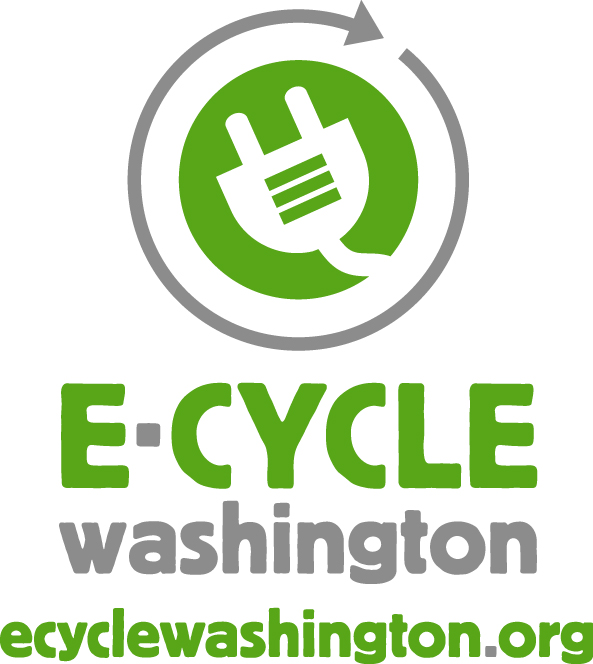 By Andrew Wineke, communications manager, Hazardous Waste and Toxics Reduction Program
By Andrew Wineke, communications manager, Hazardous Waste and Toxics Reduction ProgramThere’s more than one way to skin a cat, as the saying goes. A less well known (but cat-friendlier) saying is that there is more than one way to get mercury out of the environment. Mercury, the silvery, liquid metal, is a problem child. It’s highly toxic, it lasts essentially forever, and it builds up in the environment, causing health effects and environmental damage.
You don’t see mercury thermometers and thermostats around as much as you once did, but small amounts of the toxic metal can still be found in a range of applications. Because mercury is so dangerous, it’s important to find every bit of it we can and collect it before it can cause damage.
 |
| Mercury pellets from automotive switches. |
In older cars, many of the light, airbag and anti-lock brake switches contain a tiny pellet of mercury, so it makes sense to work with auto recyclers to collect those before the cars are cut up and turned into scrap.
Washington’s program pays recyclers $3 for light switches and $9 for ABS switches (which contain more mercury).
Does it work? Just look at the numbers:
- Since 2006, Ecology’s program has collected 234,500 switches
- Removing those switches has kept more than 500 pounds of mercury out of the environment
- In 2014, the program collected 1,518 ABS switches and 21,152 light switches, removing 50 pounds of mercury in the process.
What you can do
It hopefully goes without saying, but you should not pull the ABS switch out of your car just because it may contain mercury. As long as the mercury is contained in the switch, it’s very safe. Ecology’s collection program is aimed at preventing long-term environmental damage.
 As long as your fluorescent light bulbs are working, they’re safe and you can leave them be. When they do burn out, though, make sure you take the bulbs to a recycling center.
As long as your fluorescent light bulbs are working, they’re safe and you can leave them be. When they do burn out, though, make sure you take the bulbs to a recycling center.In January, Washington launched the LightRecycle program, which accepts fluorescent bulbs at convenient locations around the state. So do your part to keep mercury out of the environment and recycle your fluorescents!
For electronics, Washington’s E-Cycle program accepts TVs, computers and other electronic items and ensures they are properly recycled. It’s free and it’s easy, with more than 400 drop-off locations around the state. Since 2009, the E-Cycle program has collected more than 250 million pounds of electronics.


No comments:
Post a Comment